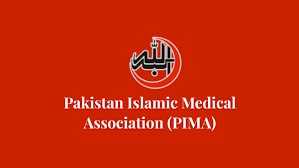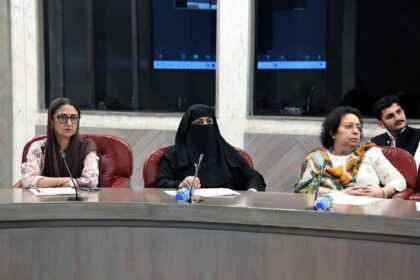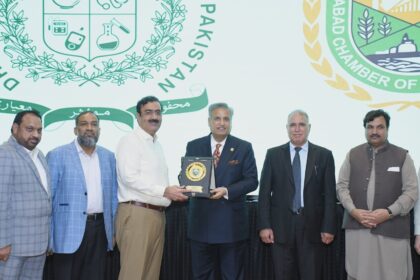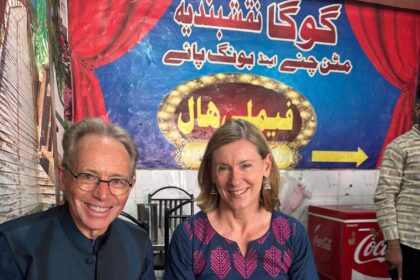The Pakistan Islamic Medical Association (PIMA) has raised strong concerns over Pakistan’s worsening public health conditions, citing recent findings from The Global Fund and media reports that reveal a surge in HIV-related deaths, undiagnosed drug-resistant tuberculosis (TB), and growing malaria prevalence. PIMA attributes these alarming trends to systemic failures in healthcare governance and the exclusion of qualified medical professionals from key policy-making roles.
According to PIMA’s Central President, Prof. Atif Hafeez Siddiqui, poor leadership decisions—particularly the appointment of unqualified individuals to critical health positions—have significantly contributed to this crisis. As a recent example, he pointed to the controversial selection of a non-medical professional as Deputy Coordinator in the national TB control program, a move that bypassed High Court orders, as well as basic merit and recruitment criteria.
Prof. Siddiqui further criticized both previous and current governments for sidelining healthcare professionals from important policy discussions, instead favoring individuals lacking relevant expertise. He highlighted that this trend is fostering an environment of uncertainty and discouragement among doctors and health workers, particularly in Punjab and Khyber Pakhtunkhwa, under the pretense of reform. PIMA warns that such practices erode institutional credibility and directly endanger public health.
In response, PIMA has called for a high-level, transparent inquiry in light of The Global Fund’s audit findings. The association urged authorities to ensure that only suitably qualified and experienced experts are appointed to pivotal roles in the health sector. PIMA also emphasized the need to insulate national health programs from political interference and formally involve doctors and healthcare professionals in the policy-making process, aiming to secure more effective and responsive public health decisions in Pakistan.











